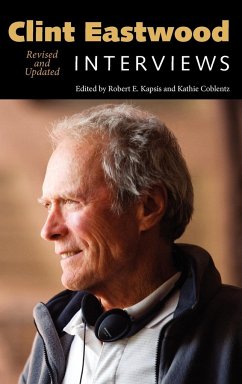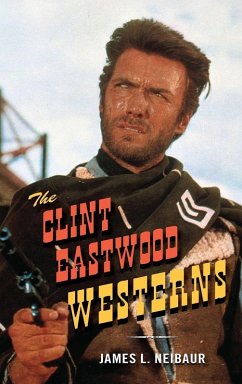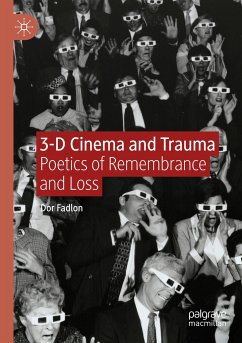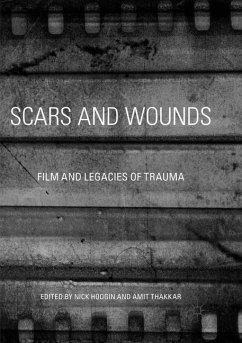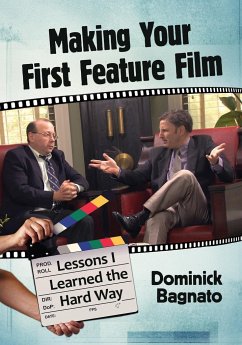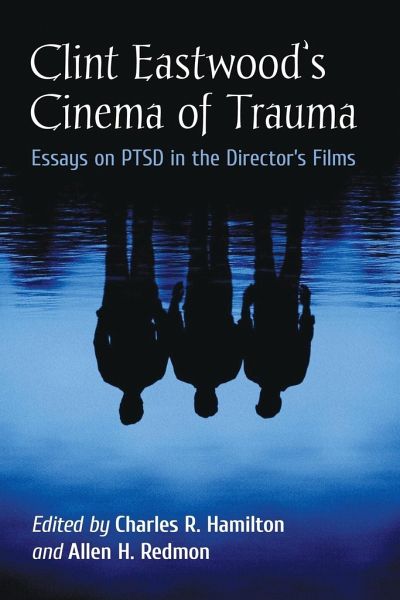
Clint Eastwood's Cinema of Trauma
Essays on PTSD in the Director's Films
Herausgeber: Hamilton, Charles R.; Redmon, Allen H.
Versandkostenfrei!
Versandfertig in 1-2 Wochen
44,99 €
inkl. MwSt.

PAYBACK Punkte
22 °P sammeln!
Throughout his directorial career, Clint Eastwood's movies have presented sympathetic narratives of characters enduring personal trauma as they turn to violence to survive calamity or sustain social order--a choice that leaves them marginalized rather than redeemed. In this collection of new essays, contributors examine his films--from The Outlaw Josey Wales to Sully--as studies on PTSD that expose the social conditions that tolerate or trigger traumatization and (in his more recent work) imagine a way through individual and collective trauma.




